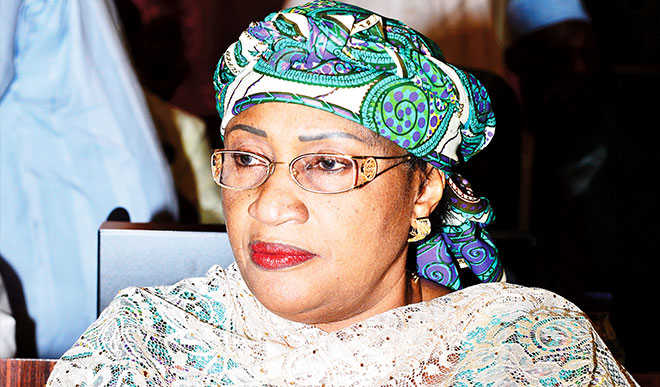Women marginalised out of agric, says Alhassan
Minister of Women Affairs and Social Development Aisha Alhassan said gender inequalities limiting the ability of women to produce in agriculture are hampering national productivity. Speaking at a national policy dialogue on policies to favour Nigeria’s smallholder women farmers in Abuja, Alhassan said. “Despite women playing a critical and potentially transformative role in agricultural growth […]


Minister of Women Affairs and Social Development Aisha Alhassan said gender inequalities limiting the ability of women to produce in agriculture are hampering national productivity.
Speaking at a national policy dialogue on policies to favour Nigeria’s smallholder women farmers in Abuja, Alhassan said.
“Despite women playing a critical and potentially transformative role in agricultural growth in our societies, they often face persistent obstacles and economic constraints limiting further inclusion in agriculture.”
“By failing to close the gender gaps in agriculture, the world is paying dearly and as a country with dwindling foreign reserve, we need to pay more attention to agriculture.”
Her comments, which were delivered by the ministry’s permanent secretary Binta Bello, came as the Women Advocates Research and Documentation Centre (WARDC) released its women-in-agriculture report which showed women had poor access to land, resources, finance and information necessary for agricultural work, even though they did up to 80 percent of agricultural labour.
The report found 53 percent of women could only farm on land but didn’t make major decisions about how farm land was used.
WARDC project officer Folake Kuti, who presented the report, said less than 20% of land holding rights were vested in women across four states of Benue, Osun, Kwara and Enugu, even though more than 70 percent of women in each state was involved in at least one form of agriculture.
She said women are five times less likely to get a bank loan or some other facility to aid agriculture, and new information about their work cannot get to them because culture in especially the north of the country prevents agricultural extension agents, mostly men, from reaching small holder women farmers, who are predominantly female.
